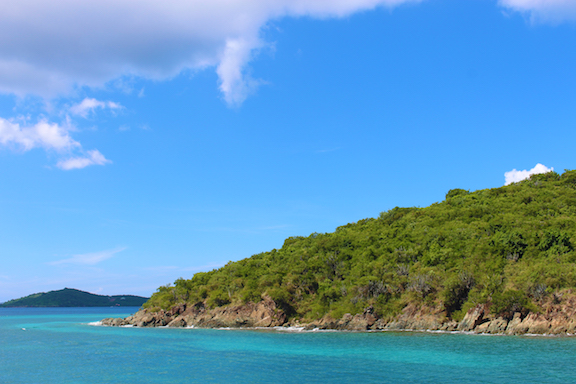By Aaron Hutchins
CJ Contributor
The Caribbean is vibrant with life and color and diversity.
Throughout all of our islands, nature is the common thread that connects our daily lives, our history, our wellbeing, our economies and each other.
The nature of the Caribbean is ideally suited to appeal to the human experience and for nearly all those that have been here, to discover the Caribbean is to be seduced forever to love the islands and the sea.
There is no other region in the world where economic prosperity is so directly linked to the image and state of its nature than ours, as our tourism industry is rooted in nature’s beauty and accessibility. Indeed this is the richness and capital of the Caribbean.
How we access nature’s capital and how we manage, invest in, and utilize this richness comes back to our own actions as citizens and as stewards of our lands and waters. Protecting the natural Caribbean and leveraging the services nature provides will benefit us all.
Our coasts are our gateways to the world. We have entered an unprecedented time in our history when global issues are presenting both opportunities and challenges.
The incremental loss of beaches and coastlines and the unusual and potentially hazardous rainfall and storm patterns associated with climate change put new pressure on the historic centers of commerce in the coastal cities, towns and ports in the Caribbean. For our coastal communities to flourish they need to be resilient to risks and adaptive to opportunities.
Nature provides solutions to reduce the risks of climate change and to increase the resilience of Caribbean communities. Healthy and intact coastal habitats help buffer the shoreline from heavy waves and storm surges.
Vegetated slopes help hold soil in place and help filter water.
The establishment of coastal infrastructure should not come at the expense of nature. Where possible the risk reduction and environmental benefits that nature provides should be substantially incorporated into coastal development projects through preservation, mitigation or restoration of coastal habitats.
With such an endowment of natural beauty, the traditional tourism model will remain a mainstay of the Caribbean economy.
Ports are a critical part of the community infrastructure on most developed islands and global commerce trends may soon offer new opportunities to diversify economies through the services ports provide.
Our coasts will feel the effects of climate change first and strongest and are where most of us live and work. We need to focus on designing for and ensuring a resilient coastline and coastal communities. The less nature we displace and the healthier our natural systems are, the more successful and resilient our development will be.
Aaron Hutchins is the Program Director, Virgin Islands and Puerto Rico Program at The Nature Conservancy.
